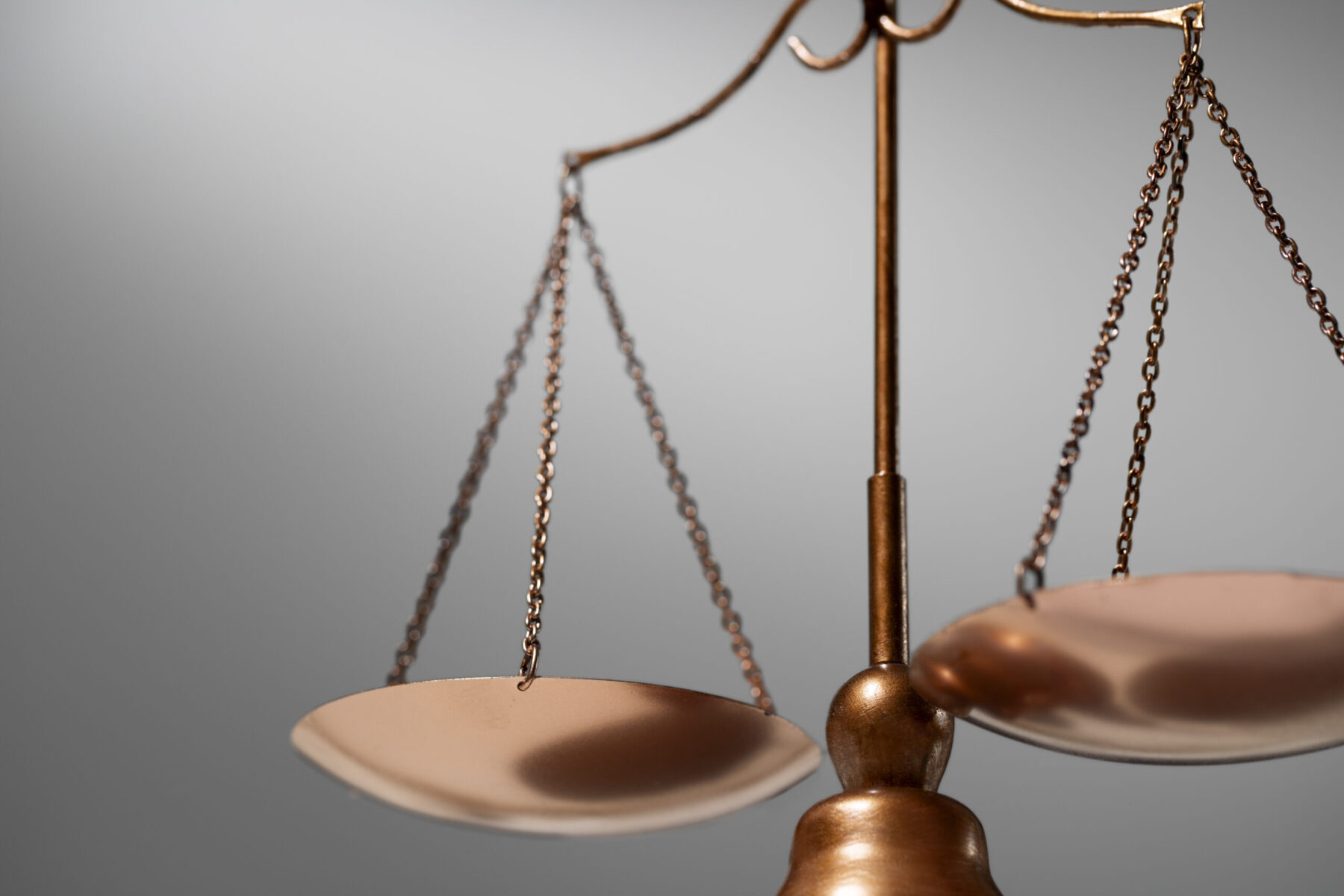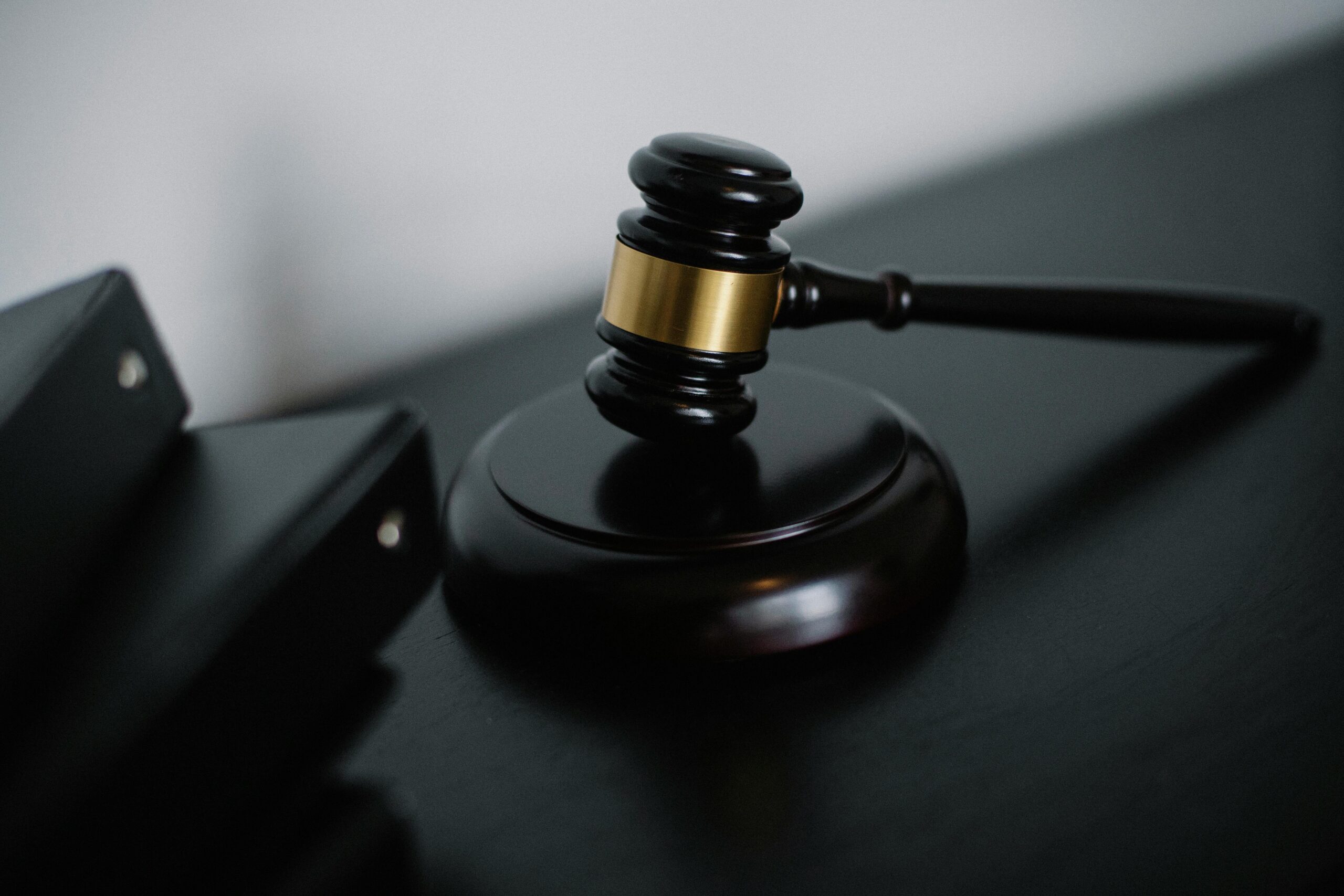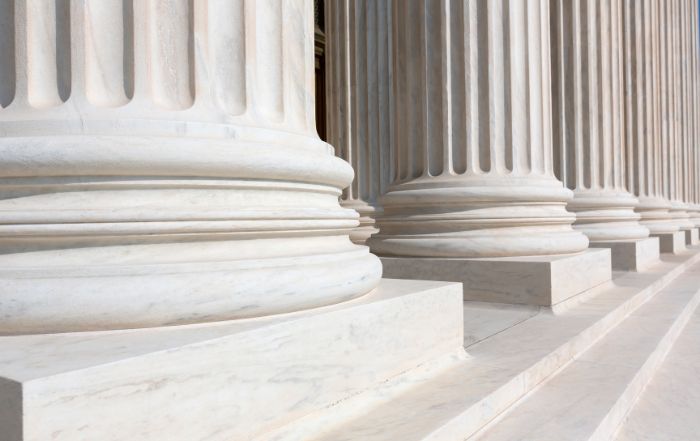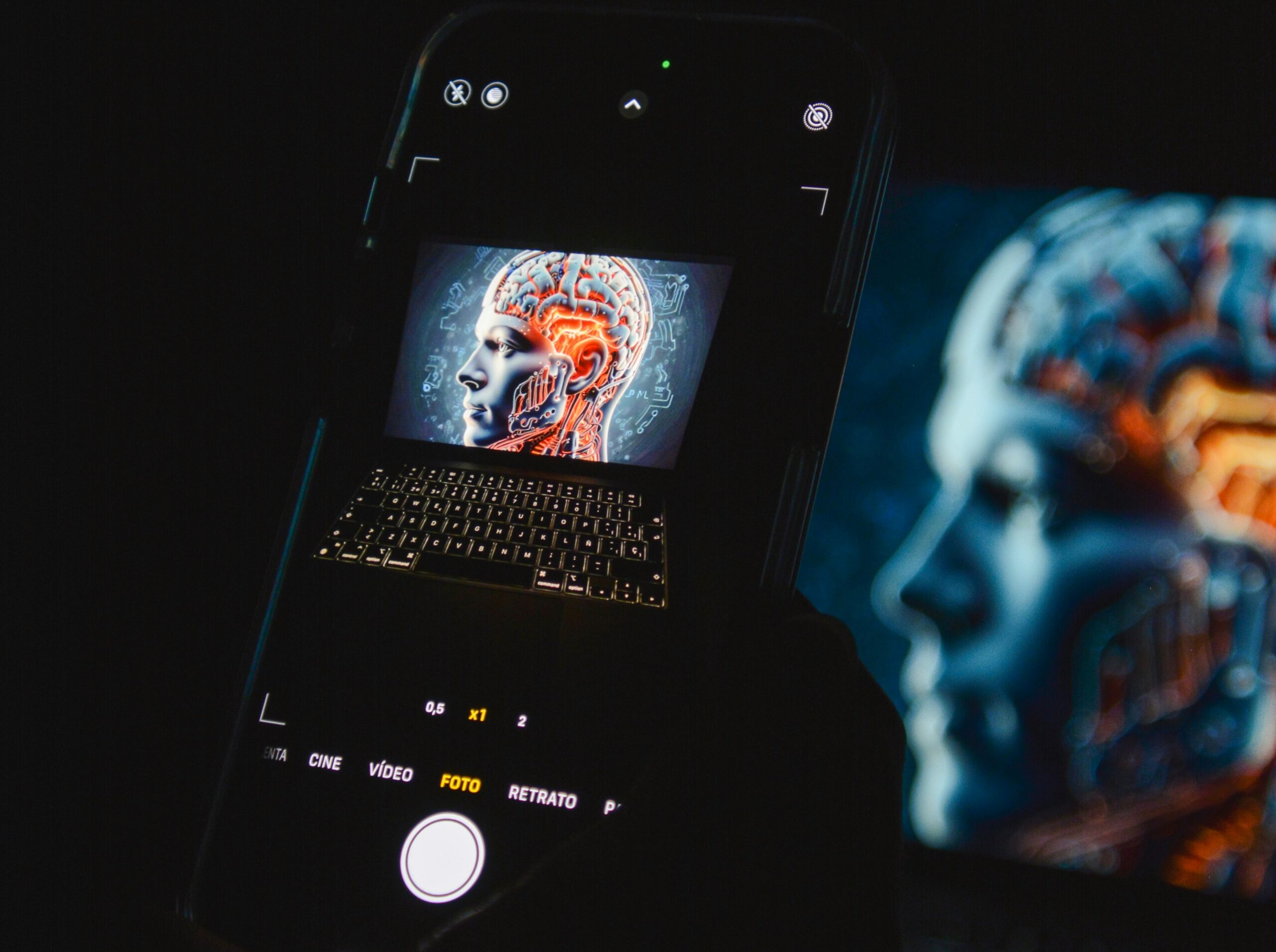Litigator’s Duty of Reasonable Inquiry in Rule 26(g)(3): Guiding a Client Through Discovery
Litigator's Duty of Reasonable Inquiry in Rule 26(g)(3): Guiding a Client Through Discovery Bad things can and often do happen when lawyers over delegate e-discovery responsibility to their clients or vendors. Courts continue to express concern and exasperation over the conduct of counsel and parties in discovery and their failure to meet their affirmative obligations to make reasonable efforts to find discoverable material and that discovery responses were complete and correct when made. It can be difficult for counsel to draw bright-line distinctions between acceptable and unacceptable conduct in preserving information and in conducting discovery, but counsel is not without guidance. This panel will provide concrete examples of the oft-given advice that counsel should be "actively involved" in discovery and then follow up and validate processes. The program will discuss the role and content of checklists and how to establish that counsel took those affirmative steps. The panel will also discuss key case law in this area. Listen as this panel of experienced e-discovery attorneys and litigators demonstrates what counsel must do to meet the duty of reasonable inquiry. Ralph Losey Attorney Partner Losey John J. Rosenthal Partner Winston & Strawn Jennifer Sutherland Attorney Gilman & Bedigian Ariana J. Tadler Founder and Managing Partner Tadler Law atadler@tadlerlaw.com A LIVE CLE Webinar! Monday, April 3, 2023 1:00pm Eastern 90 [...]












